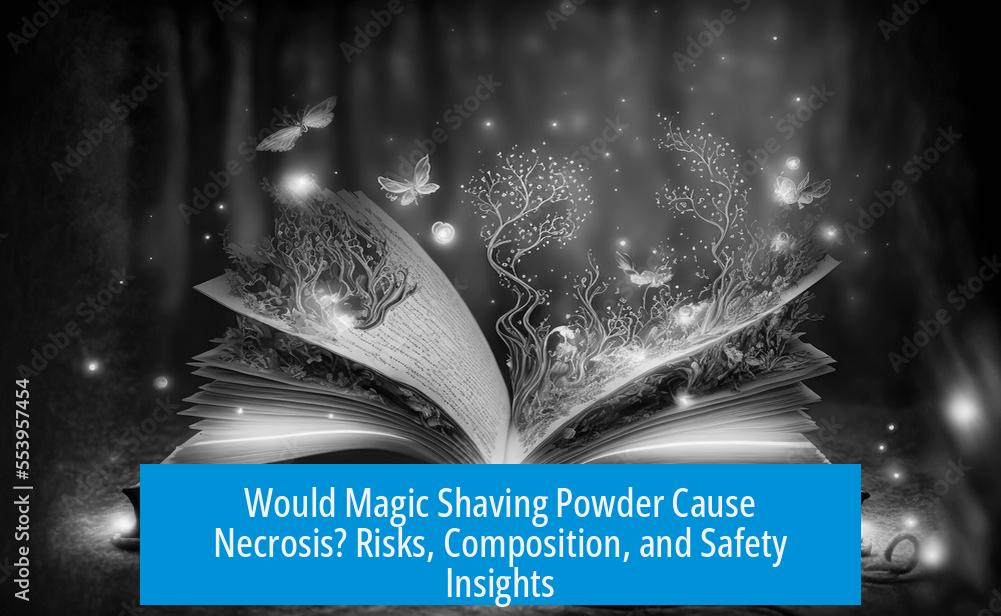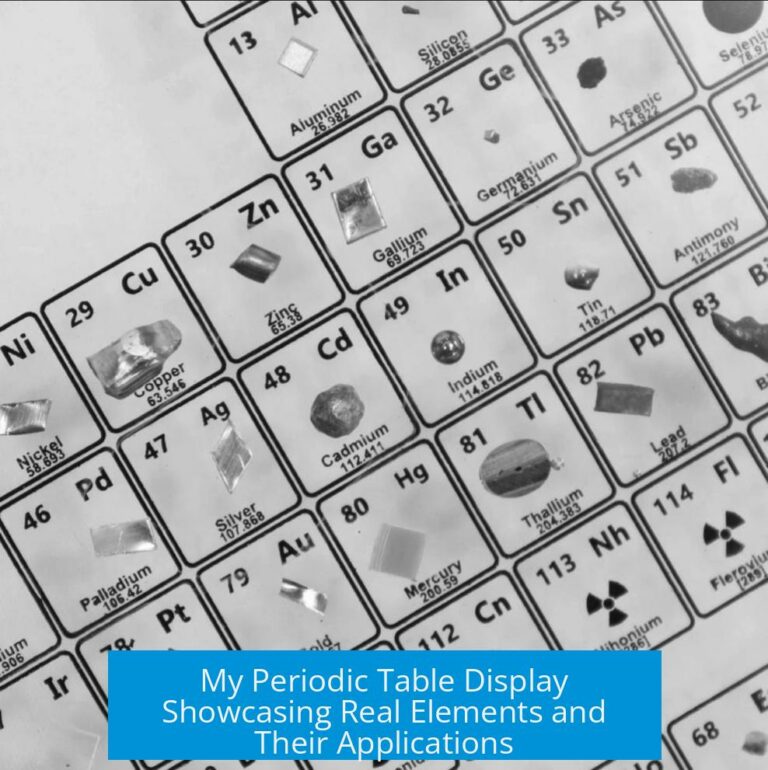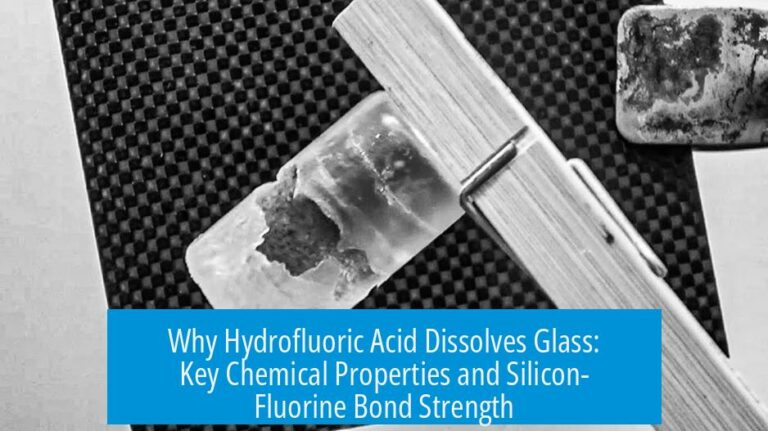Would Magic Shaving Powder Cause Necrosis?
Magic shaving powder can cause necrosis if misused due to its harsh chemical composition, primarily containing barium sulfide, which aggressively breaks down protein structures not only in hair but also in skin tissue.
Chemical Composition and Action
Magic shaving powders often include barium sulfide, a chemical not suited for skin contact. This compound breaks sulfide bridges in keratin proteins, which form the structural framework in hair.
However, these sulfide bridges also exist in skin proteins. When the powder is applied, it can damage living skin cells by dissolving protein tissues, potentially leading to skin necrosis if exposure is prolonged.
Risks of Skin Damage
- The powder functions by chemically softening the hair and top skin layers.
- This softening action makes skin vulnerable to injury, especially if combined with shaving blades.
- Use with a razor increases the risk of scraping off the skin’s protective layer, causing irritation, burns, or worse.
- Extended or careless application risks chemical burns that can lead to necrosis, where skin tissue dies due to damage.
Guidance and Safety Considerations
Individuals with sensitive or problematic skin should avoid such chemical hair removers. Safer alternatives exist, such as wet shaving with a safety razor or using fewer blades to reduce irritation.
Consulting a dermatologist before using aggressive chemical depilatories can prevent adverse effects. These professionals can recommend options tailored to skin type and condition.
Summary of Key Points
- Barium sulfide in magic shaving powder breaks down protein in hair and skin.
- This breakdown can cause serious skin damage, including necrosis if exposure is too long.
- Using the powder with a razor increases injury risk by weakening the skin surface.
- Alternatives like gentle shaving or professional advice are safer for hair removal.





Leave a Comment